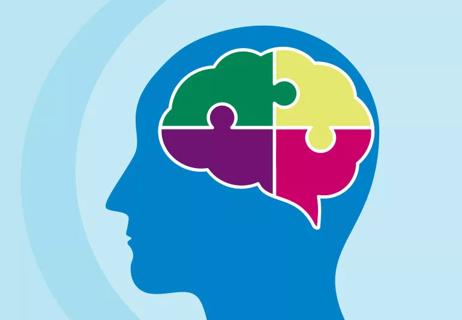Advertisement
Plus why being grateful is good for you

We’ve all been told to “think positive thoughts” before. And sure, most of us can probably agree that thinking positively far outweighs thinking negatively, but saying and doing are two different things.
Advertisement
Cleveland Clinic is a non-profit academic medical center. Advertising on our site helps support our mission. We do not endorse non-Cleveland Clinic products or services. Policy
Plus, with the current state of the world in the midst of the coronavirus pandemic, we could all use a little more positivity and light.
So how do we learn to focus on the good instead of the bad? How do we begin to count our blessings and not our problems?
Enter gratitude journals. Touted by influencers, authors and celebrities, transcribing what you’re grateful for is actually a wellness trend backed by science. Research shows that recognizing and giving thanks for the positive aspects in your life actually has many health benefits. From improved mental health, lower cardiac risk, better sleep and lower levels of inflammation – this habit is definitely worth exploring.
“Gratitude helps to lift our spirit,” says behavioral health therapist Jane Pernotto Ehrman, MEd, RCHES, ACHT. “Our spirit includes our sense of connectedness and we feel more connected when we are grateful for something.”
So if you’re looking for ways to feel happier and think more positively – grab a piece of paper, a pen and let’s get writing!
Here are 4 tips for keeping a gratitude journal:
Advertisement
Advertisement
Learn more about our editorial process.
Advertisement

Our collective misremembering of events comes from a surplus of false memories

This alternative brain-body therapy focuses on unlocking pent-up feelings, memories and tension that may be stuck in your brain and body

Life coaches can be great sounding boards, mentors and even friends — but they’re not healthcare providers

While walking, be mindful of your body, your mind, your place in the world and all five of your senses as you pave a path forward, one step at a time

Local LGBT centers, online directories, visual cues and gender-affirming care or non-discrimination policies can all be helpful resources and cues

PFAS chemicals may make life easier — but they aren’t always so easy on the human body

In a world where instant gratification is the norm, you can train yourself to be more comfortable waiting patiently

Look to activities you enjoy — or try a new hobby — to help foster meeting new people

Focus on your body’s metabolic set point by eating healthy foods, making exercise a part of your routine and reducing stress

PFAS chemicals may make life easier — but they aren’t always so easy on the human body

While there’s little risk in trying this hair care treatment, there isn’t much science to back up the claims